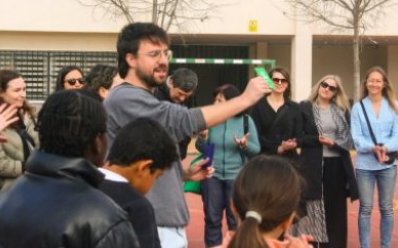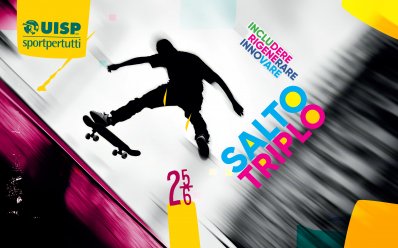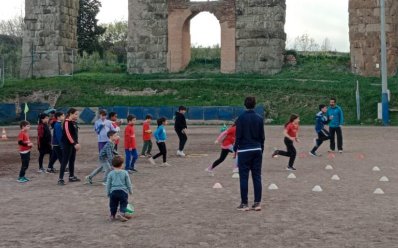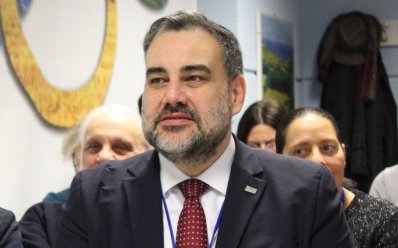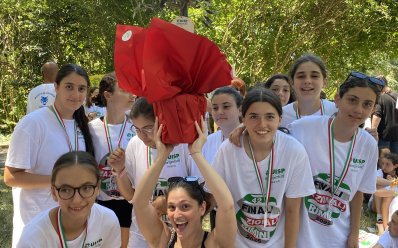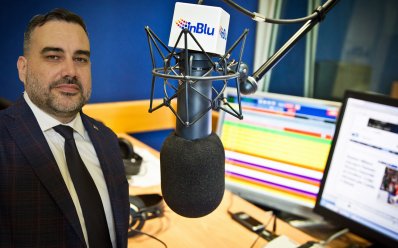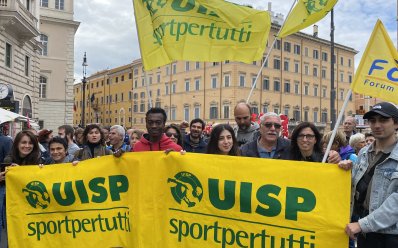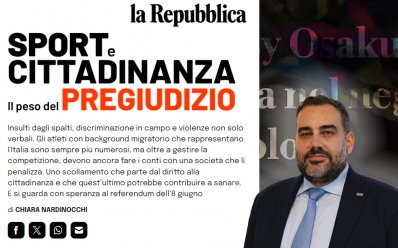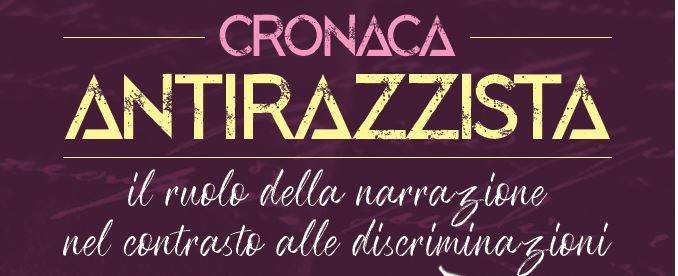Icehearts Europe two years on: visit to the Spanish project
At the partner meeting in Seville, an initial assessment of the project supporting vulnerable children in five pilot countries
Two years ago, the ambitious Icehearts Europe project embarked on its journey. Inspired by the Finnish Icehearts model, the aim was to provide long-term, community-based mentoring to support vulnerable children in five pilot countries. At the time, the goal was clear, but the path forward was uncertain.
In April 2025, the partners met again in Seville, Spain, hosted by Fútbol Más. The three-day meeting provided an opportunity to see how the project is being implemented on the ground, share updates from other countries, and begin preparations for the project's closing conference, linked to the Move Congress promoted annually by Isca-International Sport and Culture Association, which will be held in Copenhagen at the end of October 2025.
What emerged was not only an update on the progress made, but also an exciting reminder of what has been achieved.
In 2023, many partners admitted that they did not know how to get started. “At first, I was afraid of not doing enough,” said Eleonora Dalla Fina, mentor of the Uisp project in Vicenza. “The structure was unclear, and we did not know what was expected of us. But now, looking back, I think we have done an extraordinary job.”
Their activities grew step by step, shaped by the children's needs and ideas. “We added activities with families, brought in experts for boxing and yoga lessons, all based on what the children wanted,” said Eleonora. “They even asked for 3D printing. We said yes. Now they design, measure, and color their creations.”
Priit Joe of SPIN recalled how difficult the first steps were in Estonia: “It was a leap of faith. We had no mentors, and everything took longer than expected. But we found the right people, and that made all the difference.” Today, Estonia runs 19 active groups in both Estonian and Russian, with extraordinary mentors described as “wholeheartedly dedicated” to their work.
Patrik Perosa, from the Slovenian Sports Union, spoke candidly about his initial concerns: “We thought it would be difficult to find mentors and children, but it was actually easy. The challenge was the infrastructure: accessing sports facilities was much more difficult than expected.”
However, they found creative ways to move forward. "We are now organizing outdoor activities and planning summer camps. The mentors are already asking what will happen next year. This shows the impact of the project: it's real.“
Meanwhile, in Denmark, Charlotte Bruus Dalsgaard from DGI emphasized the importance of building local networks. ”We spent a lot of time connecting the various departments in the municipality. Everyone, from schools to social services, had different goals, so we had to find a common purpose."
And then came another surprise: the sports clubs themselves. “We thought they were ready to go. But many needed support, volunteers, and even help to understand their role and the idea that it's not just about making children better players, but about making them feel welcome and listened to.”
The visit to Fútbol Más in Seville allowed participants to see firsthand how mentors in the Spanish pilot project use simple games and sports activities to foster emotional growth and build relationships with children during school sessions. One teacher observed: “The students now listen better. They take turns speaking. Some of the more disruptive ones now have someone they trust to talk to.” One student said: “I've learned to express myself better. I can talk about my feelings and I feel more confident. The things we learn help me in my everyday life.”
Since the initial meeting, there has been a big change. The focus is no longer on whether the model works or not: it works. The real question now is: how can we continue? “We are already thinking about how to continue,” said Patrick Persoa. “We will present the results to the ministry, seek funding, and perhaps even aim for presidential support. It's too good to stop now.” Priit Joe agrees: “It's a shame that the project only lasts three years. It took almost two years to get it started. Now we are just getting started.”
Two years ago, Icehearts Europe was just an idea on paper. Today, it is a growing movement. Children who once felt isolated are now part of something. Mentors have become pillars of their communities. And partners who were once unsure are now leading the way. As Eleonora Dalla Fina so beautifully put it: “For me, Icehearts is a safe place.”
And if we ever doubted that, we need only look at how far we've come.
Funded by the European Union. The opinions expressed are, however, solely those of the author(s) and do not necessarily reflect those of the European Union. Neither the European Union nor the granting authority can be held responsible for them.
Ufficio progetti - Sede Uisp Nazionale
L.go Nino Franchellucci, 73 00155 Roma
Tel.: +39.06.43984350 - 345 - 346
Fax: 06.43984320
e-mail: progetti@uisp.it

